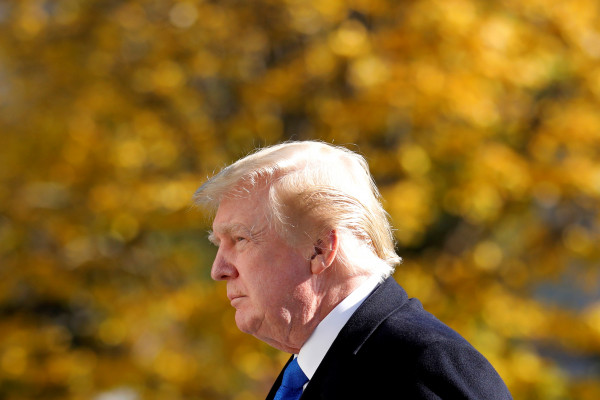House Rejects Trump Veto Of Defense Bill

On Monday, the House voted in a bid to overturn President Donald Trump's veto of the hefty annual defense authorization bill. The highly unconventional move by a president in rejecting legislation garnered an equally elevated response in the form of a 322-87 vote.
The legislation rejected by Trump sets policies and creates other priorities for the military services every year. Details about the Senate's next moves on the matter were scarce, but senators were slated to return to Washington on Tuesday.
The political popularity of the NDAA (National Defense Authorization Act) typically means a high possibility of passage, becoming one of the last vehicles of 2020 in terms of compromise and enactment. Trump criticized some aspects of the bill, including one that involves renaming military bases named after Confederate figures.
Aside from that, the president was angry that the Democrats in Congress did not want to bargain in terms of lifting some legal protections for tech companies, NPR reported. Staying united, lawmakers in both parties rescued the popular legislation, which has become law each year for about six decades.
Monday's overrule vote marks a rare reproval of Trump by the Republican lawmakers, who have avoided crossing the president even as he continues pushing his legal drive to overturn the election results. Although Republicans could have easily sunk the legislation by supporting Trump, several GOP lawmakers did switch votes, with 109 House Republicans voting to overturn the president's veto compared to 140 who backed the compromise bill earlier this month, according to POLITICO.
Just before the vote, Representative Mac Thornberry encouraged his colleagues to vote for the exact same bill they did before, claiming that not even a comma has changed. The ranking member of the House Armed Services Committee urged members to put the best interest of the country first, adding that no other consideration should matter.
Trump has complained about the bill being weak on China. However, it includes a slew of provisions, including a $2.2 billion counter-China fund. During his presidency, Trump has issued nine vetoes, including the defense bill, but neither chamber of Congress had voted to reject any of the previous ones, according to The Hill.
In other words, the president met his match in the NDAA. Lawmakers are proud of the 59-year streak of the bill becoming law and do not want to be deemed the Congress that was unable to deliver. The $740 billion legislation authorizes weapons manufacturers, military bases, and funding for jobs that affects nearly every congressional state and district.














